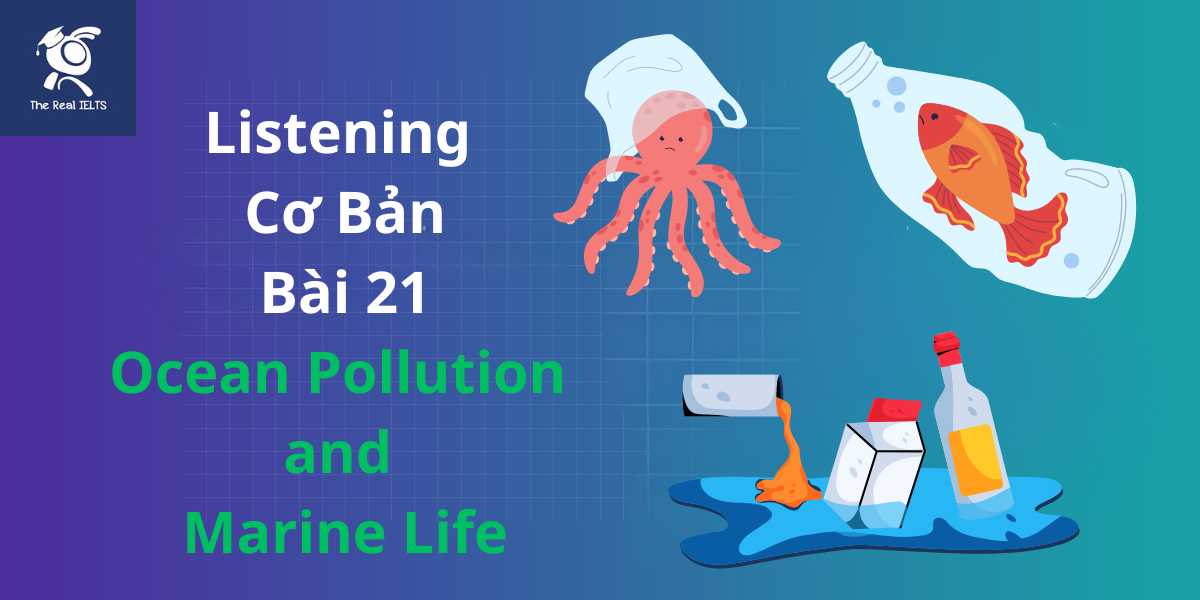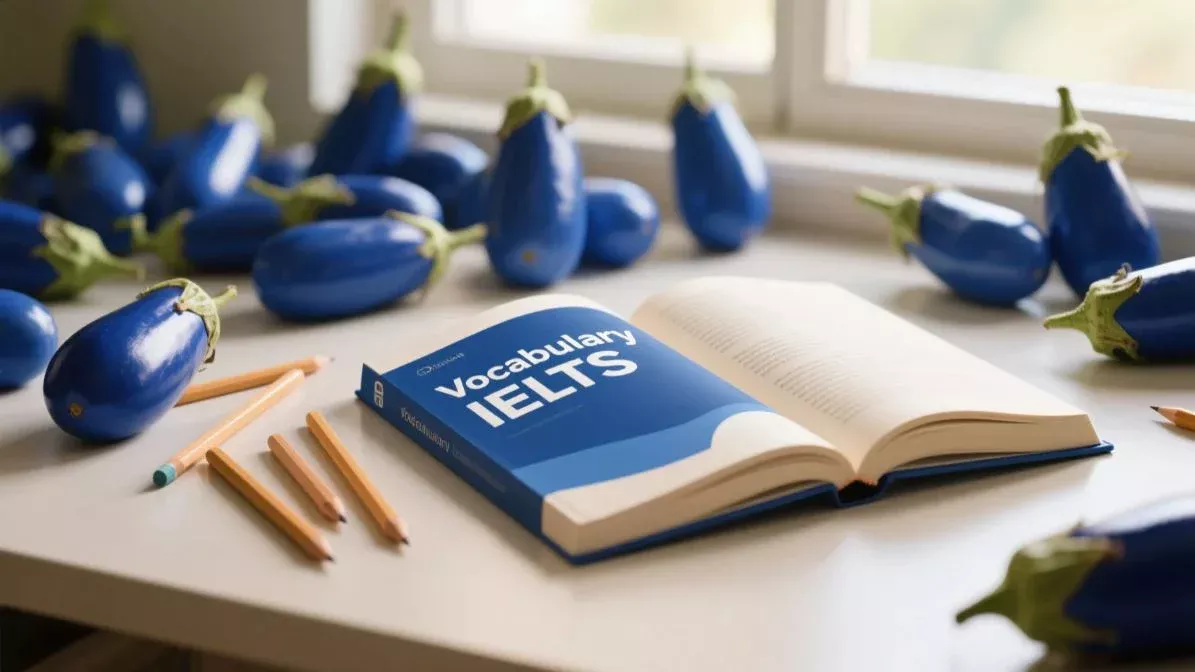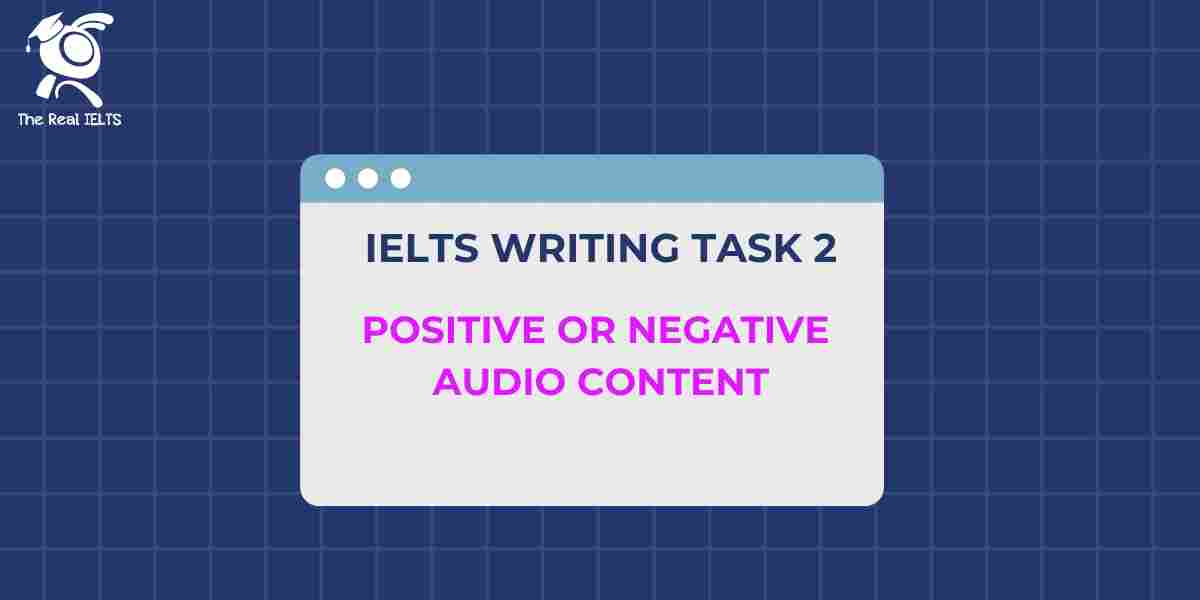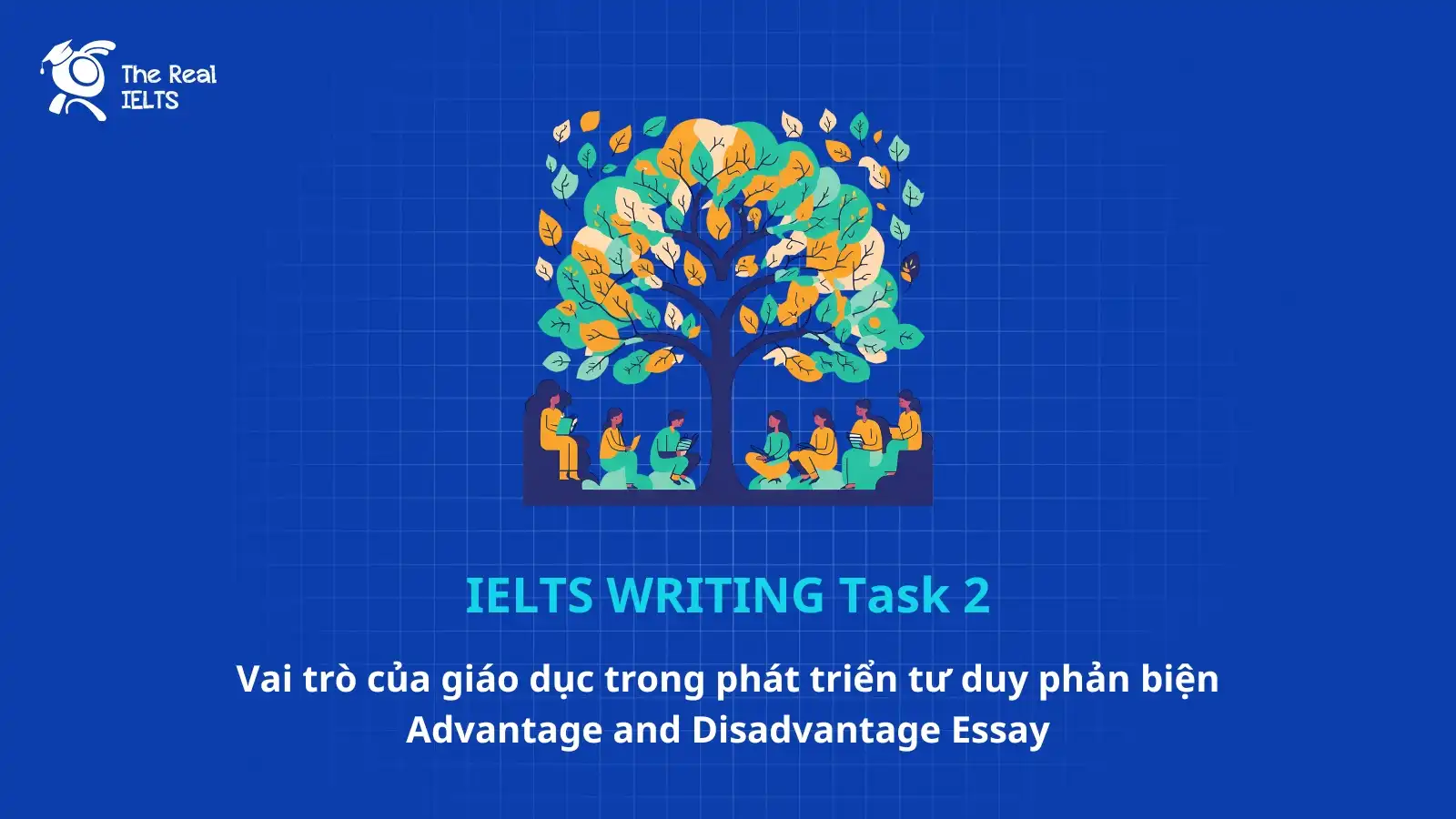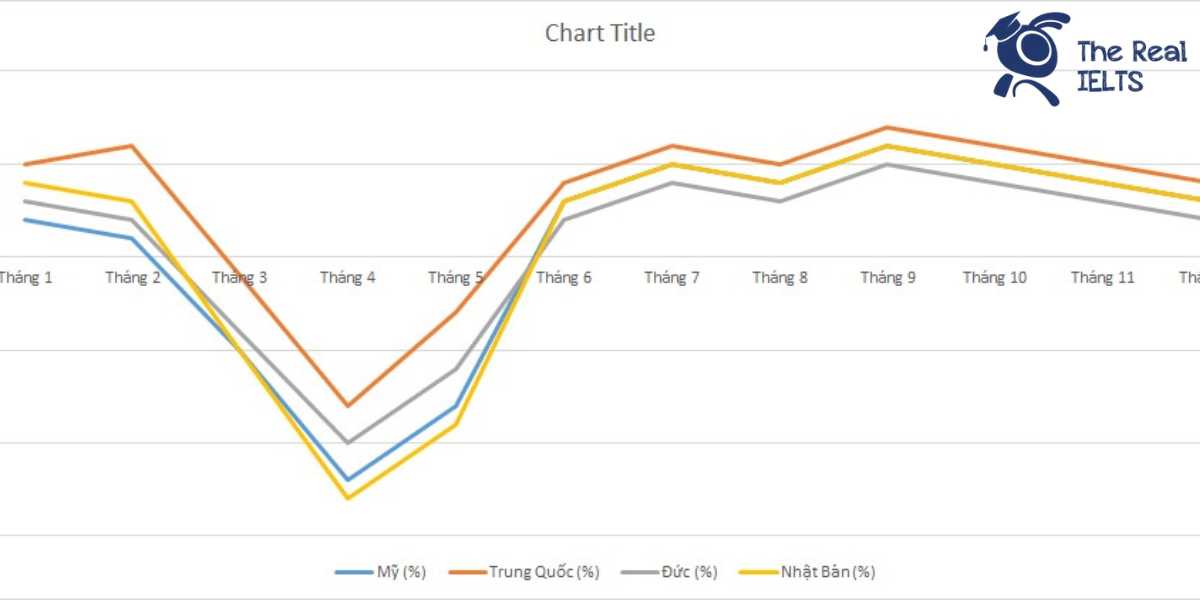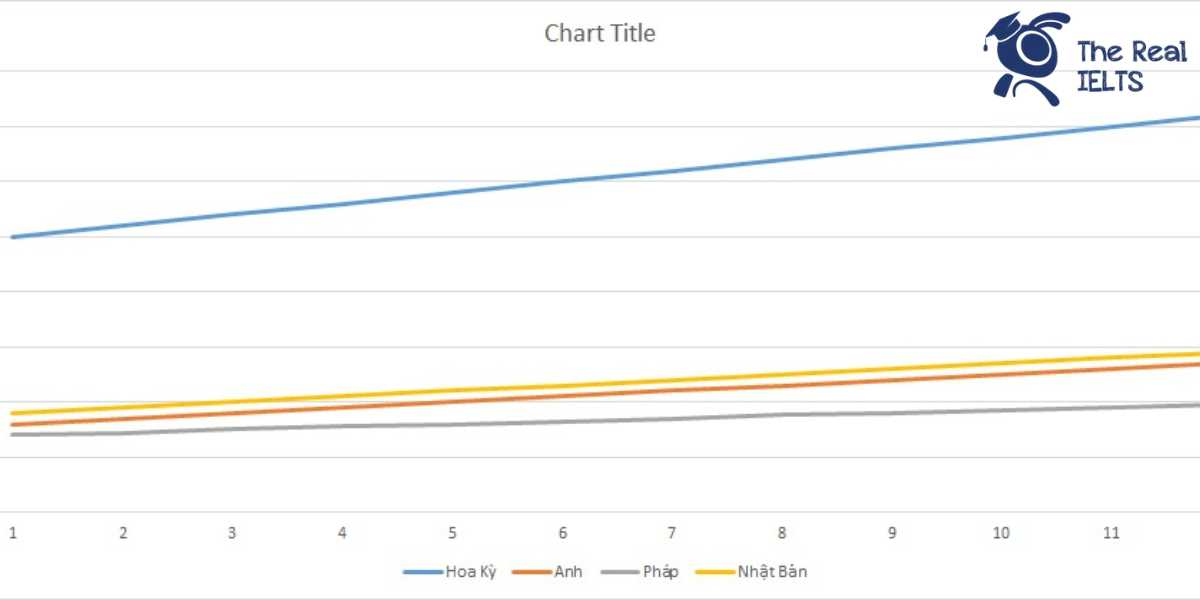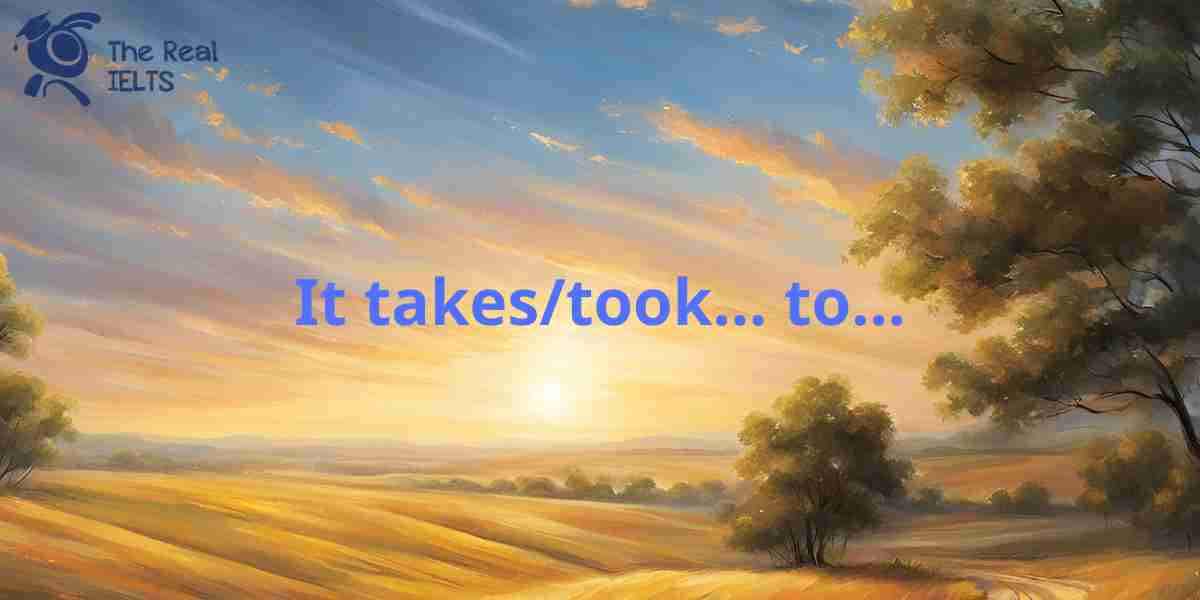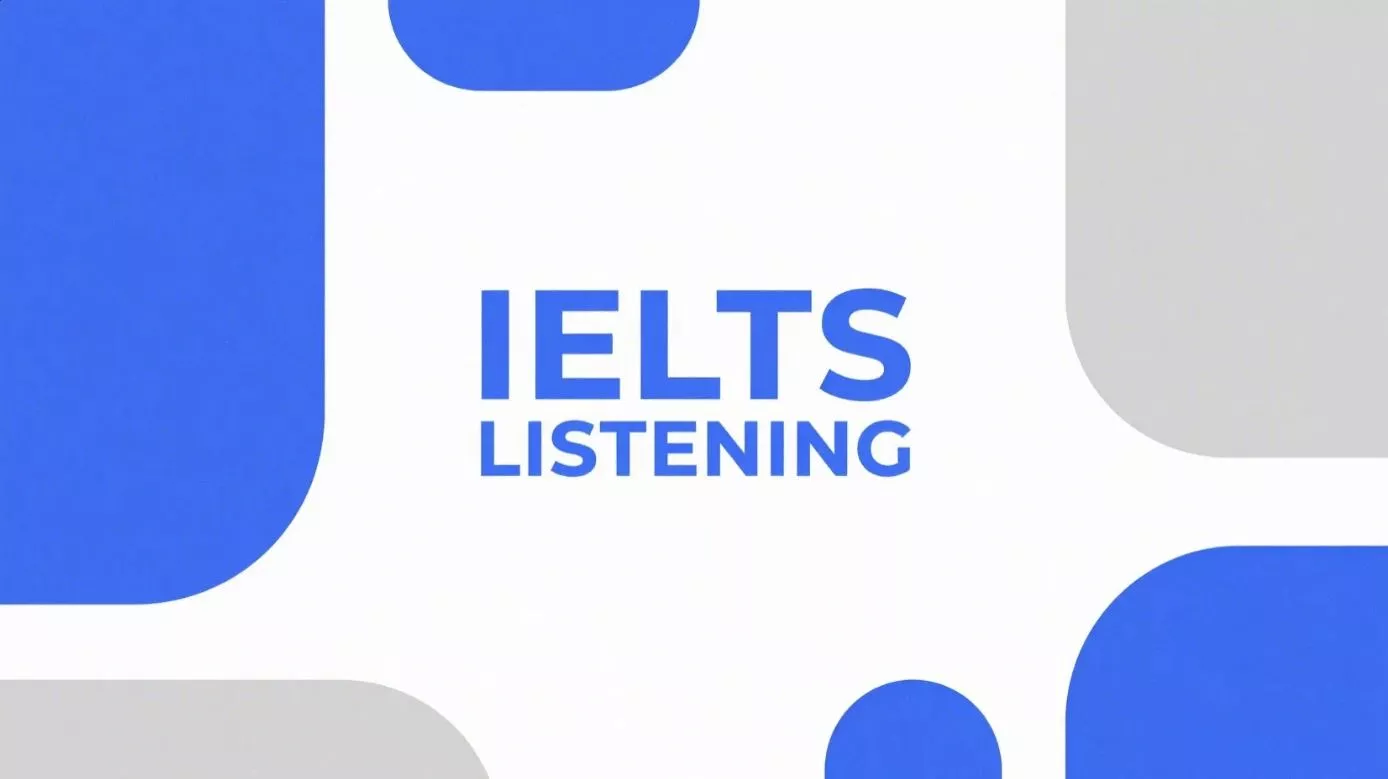Bài Listening này có chủ đề về ô nhiễm trong đại dương và đời sống biển (Ocean Pollution and Marine Life). Sau đây là bài luyện tập Listening, bạn hãy nghe đi nghe lại nhiều lần để luyện tập.
Bài Listening
Questions
- Multiple Choice:
- What is the most common type of marine debris mentioned?
- a) Oil spills
- b) Plastics
- c) Agricultural runoff
- d) Metal waste
- What is the most common type of marine debris mentioned?
- Short Answer:
- What mistake do sea turtles often make regarding plastic bags?
- Multiple Choice:
- What is one effect of oil spills on birds and marine mammals?
- a) They become more aggressive.
- b) They gain more weight.
- c) They suffer from hypothermia.
- d) They reproduce more.
- What is one effect of oil spills on birds and marine mammals?
- Short Answer:
- What is eutrophication, and how does it affect marine life?
- Multiple Choice:
- Which of the following is NOT mentioned as a source of ocean pollution?
- a) Plastics
- b) Oil spills
- c) Noise pollution
- d) Agricultural runoff
- Which of the following is NOT mentioned as a source of ocean pollution?
- Short Answer:
- What are some actions mentioned that can help combat ocean pollution?
Answers
- Multiple Choice:
- b) Plastics
- Short Answer:
- Sea turtles often mistake plastic bags for jellyfish, their primary food source.
- Multiple Choice:
- c) They suffer from hypothermia.
- Short Answer:
- Eutrophication is the process where water bodies become overly enriched with nutrients, leading to excessive growth of algae. This depletes the oxygen in the water, creating “dead zones” where marine life cannot survive.
- Multiple Choice:
- c) Noise pollution
- Short Answer:
- Actions mentioned include reducing plastic use, improving oil spill response measures, and adopting sustainable farming practices.
Audio Script
IELTS Listening Practice: Ocean Pollution and Marine Life
Listening Passage Script
Narrator: You will hear a marine biologist discussing ocean pollution and its effects on marine life.
Marine Biologist: Good morning, everyone. Today, I’d like to talk about ocean pollution and its impact on marine ecosystems. Ocean pollution has become one of the most pressing environmental issues of our time. The primary sources of ocean pollution are plastics, oil spills, and agricultural runoff.
First, let’s discuss plastic pollution. Plastics are the most prevalent type of marine debris found in our oceans and Great Lakes. This debris can come in many forms, from large abandoned fishing nets to microplastics smaller than a grain of rice. These plastics can be ingested by marine animals, causing serious harm. Sea turtles, for example, often mistake plastic bags for jellyfish, their primary food source. Ingesting plastics can lead to starvation, as the ingested plastic fills their stomachs and prevents them from eating actual food.
Next, we have oil spills, which are another significant contributor to ocean pollution. When oil spills occur, they create a thick sludge that coats marine life and coastal ecosystems. This not only harms animals such as birds and marine mammals but also disrupts the delicate balance of these ecosystems. The oil can cause hypothermia in animals by reducing the insulating ability of their fur or feathers. Moreover, oil spills can have long-term effects on marine life by contaminating the food chain.
Finally, agricultural runoff, which includes pesticides and fertilizers, also contributes significantly to ocean pollution. When it rains, these chemicals wash into rivers and eventually make their way into the ocean. This runoff can cause eutrophication, a process where water bodies become overly enriched with nutrients, leading to excessive growth of algae. This algal bloom depletes the oxygen in the water, creating “dead zones” where marine life cannot survive. Fish, shellfish, and other aquatic organisms struggle to find the oxygen they need, leading to massive die-offs.
To combat these issues, it’s crucial that we take immediate and sustained actions. Reducing plastic use, improving oil spill response measures, and adopting sustainable farming practices are essential steps toward protecting our oceans and the diverse life they support. Remember, the health of our oceans is directly linked to the health of our planet.
Đọc lại bài cũ: Bài tập Listening 20: The History of Fashion.


